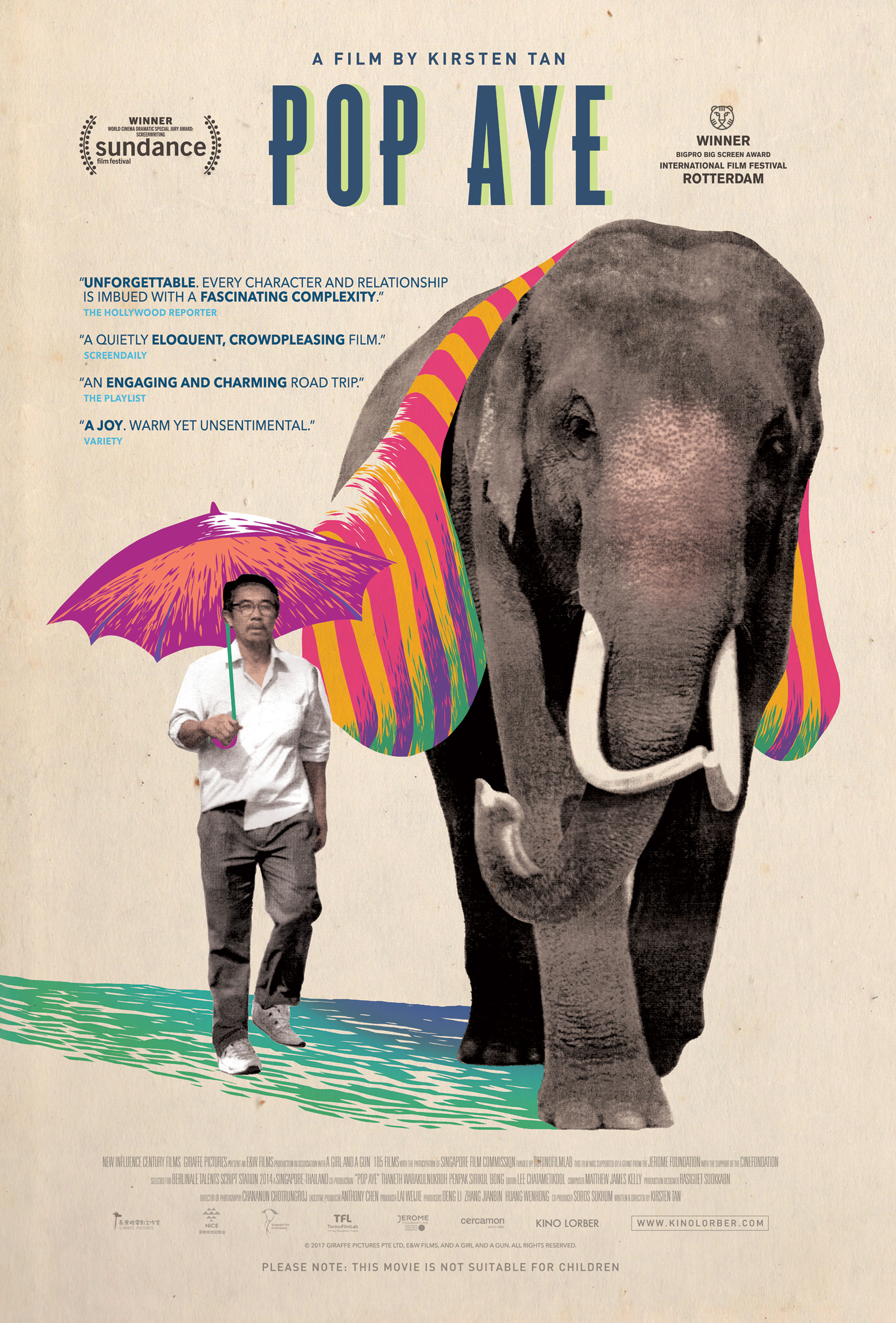I don’t really understand why the concept of ‘spoilers’ and the avoidance of them has become such a big issue nowadays; I’m quite sure it wasn’t this way when I was younger. It feels to me like an extension of that infantilising idea that people need things signposted, as if they can’t be trusted to figure out by themselves that their coffee will be hot or that a review of a film might disclose some plot points. I won’t for example let you in on what happened in the last episode of Game of Thrones, suffice to say that having intentionally spoilered myself as to what happens, I could still enjoy (or, you know, not enjoy) the staging of the events, because most of the power of filmmaking (to me, anyway) lies outside what actually happens. In any case, this is all a rather roundabout way of saying that Tracks, an Australian film about a woman walking across the country’s desert, isn’t really about what happens and is by its nature pretty resistant to the idea of spoilers. I feel confident in fact that I could tell you how it ends (I won’t) without it affecting your enjoyment of the film, because it really is—as the title suggests—all about the journey.
That journey is one that took place in 1977, as Robyn Davidson resolved that she would walk from Alice Springs (in the centre of the country) across the desert as far as the Indian Ocean, a journey of several thousand miles. I might try to ascribe this quest to a certain lack of direction in her life, except that she is very single-mindedly focused on achieving her ambition, whatever vague reasons she may have for it (her parents had taken similar journeys, and there are teasing hints throughout the film, via flashbacks and memories, that she is still processing and working through the death of her mother). In any case, having made this resolution, she puts it into action and spends a few years in Alice Springs, acclimatising herself to the desert and working at camel farms learning how to train and ride camels to accompany her on the journey.
Some of the posters prominently feature Adam Driver as National Geographic photographer Rick Smolan, but his role is fairly minor in the scheme of things—he drops in and out of Robyn’s life during her nine-month trek—and the relationship between him and Robyn is hardly dwelt upon. This is not a story about two people in love, and very thankful we can all be for that. If anything, it’s Robyn’s faithful dog which provides the more compelling relationship and provokes rather more pathos than anything Rick does (even some of the camels have more personality, though I don’t mean to demean Driver’s performance: he does well within the limited context of his scenes).
The trailer I’ve seen (and that gratuitous King’s Speech namedrop on the poster), too, seems to present this as some feelgood story of Outback camaraderie and local colour—the kind of sentimental angle that would usually raise alarm bells with me, fears that we’d get a dose of ‘magic realism’ and the spurious new-age spirituality that often accompanies stories of white people moving amongst native cultures. Yet, again, none of these fears are realised, and though Davidson’s peripatetic journey does indeed bring her into contact with a wide range of people, it’s all presented in an uninflected matter-of-fact way. There’s still a fundamental decency to all the supporting characters, even under the solitary prickliness that some of them exude, and if I do broadly find these interactions heart-warming, after a fashion, it’s never melodramatically forced.
No, this is very much Mia Wasikowska’s film as Robyn, about a woman who decides to do something, for her own reasons, by herself, and achieves it. Wasikowska is an actor I’ve grown to really enjoy over the last couple of years, as she’s made a name for herself in films, and this film really highlights all the wonderful subtlety of her acting. So much of her journey is internal (again, the kind of thing that could go so wrong in a film, but which is well-handled here), that you need an actor capable of conveying that and Wasikowska is exactly right. I should say a few words about the director too, whose only previous film I’d seen was his debut, Praise (1998), which got a release in New Zealand when I was a young film student and which made a few waves over in that part of the world for its frank depiction of grungy young directionless lives with a vibrancy that belied its depressing themes. As I hope I’ve conveyed already, Curran has found exactly the right tone here for material that could have been pulled in all kinds of inferior directions (whether feelgood schmaltz or bleak loneliness of the soul), even if the journey itself is filmed in a fairly straightforward way. Then again, perhaps you don’t need narrative tricksiness when you have this kind of expansively beautiful setting.
For a film that could easily have been boring or plodding, or have tried to melodramatically force in some kind of spiritual awakening or overdetermined meaning to the journey, Tracks is never dull. It’s a heartening corrective to so many macho stories of journeys of testosterone-fuelled bravado. The character of Davidson never allows herself to be forced into conventional gender frameworks; this is a human story of determination, served best by its excellent central performance.
CREDITS
Director John Curran; Writer Marion Nelson (based on the memoir by Robyn Davidson); Cinematographer Mandy Walker; Starring Mia Wasikowska, Adam Driver; Length 110 minutes. Seen at Cineworld West India Quay, London, Saturday 27 April 2014. 



















